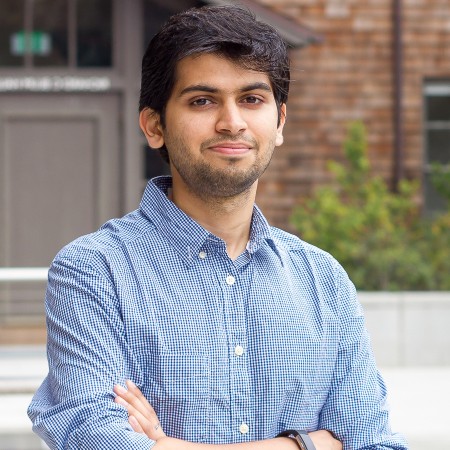
10:00 am to 11:00 am
Newell-Simon Hall 3305
Abstract:
Generalization, i.e., the ability to adapt to novel scenarios, is the hallmark of human intelligence. While we have systems that excel at recognizing objects, cleaning floors, playing complex games and occasionally beating humans, they are incredibly specific in that they only perform the tasks they are trained for and are miserable at generalization. In this talk, I will present our initial efforts toward endowing artificial agents with a human-like ability to generalize in diverse scenarios. The main insight is to allow the agent to learn general-purpose skills in a completely self-directed manner, without optimizing for any external goal. These skills are then later repurposed to solve complex tasks. I will discuss how this framework can be instantiated to develop curiosity-driven agents (virtual as well as real) that can learn to play games, learn to walk, and learn to perform real-world object manipulation without any rewards or supervision. These self-directed robotic agents, after exploring the environment, can find their way in office environments, tie knots using rope, rearrange object configuration, and compose their skills in a modular fashion.
Bio:
Deepak Pathak is a Ph.D. candidate in Computer Science at UC Berkeley, advised by Prof. Trevor Darrell and Prof. Alexei A. Efros. His research spans computer vision, machine learning, and robotics. Deepak is a recipient of the Facebook Graduate Fellowship, the NVIDIA Fellowship, and the Snapchat Fellowship, and his research has been featured in popular press outlets, including The Wall Street Journal, The Economist, Quanta Magazine, Wired, and MIT Technology Review. Deepak received his Bachelor’s in Computer Science from IIT Kanpur and was a recipient of the Gold Medal and the best undergraduate thesis award. He has also spent time at Facebook, Microsoft and founded VisageMap Inc. which was later acquired by FaceFirst Inc.
For papers and open-sourced code see: https://people.eecs.berkeley.edu/~pathak/
